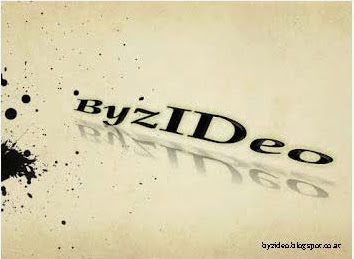Publisher
Austrian Academy of Sciences
Wohllebengasse 12-14
1040 Vienna, Austria
Medieval worlds provides a new forum for
interdisciplinary and transcultural studies of the Middle Ages. Specifically it
encourages and links comparative research between different regions and fields
and promotes methodological innovation in transdisciplinary studies. Focusing
on the Middle Ages (c. 400 - 1500 CE, but can be extended whenever thematically
fruitful or appropriate), medieval worlds takes a global approach to studying
history in a comparative setting.
Building upon studies of transcultural relations and
processes of cultural hybridization between cultures, both of which have seen
dynamic developments in recent years, the main approach chosen by medieval
worlds is comparative. Taking such a comparative approach will not only allow
researchers to highlight the global interaction within, or hybrid nature of
particular cultural spheres, but also shed new light on more specific fields of
interest. Moreover, medieval worlds will encourage a critical debate between
the disciplines concerning approaches and methods, and thus will help to enrich
the methodological frameworks of comparative history.
As the chosen online, open-access format allows for a
flexible, to-the-point collaboration between different fields, medieval worlds
proposes an innovative way to achieve a new dynamic of wide-ranging comparative
studies. In addition to solliciting articles from leading scholars in their
respective fields, we also strive to enable the systematic production of
complementary studies across fields and disciplinary boundaries. medieval
worlds is a forum, a marketplace where partners for comparison can be found,
and articles dealing with a topic from different angles may be published in
pairs, small clusters or thematic issues. Thus, it will explore ways to bring
together scholars from different disiplines interested in comparable topics,
and encourage interdisciplinary groups to publish focused sets of articles.
Medieval worlds is open to regular submissions on comparative topics, but also offers the possibility to propose or advertise subjects that lend themselves to comparison. With a view to putting people working on related topics in different academic environments in touch with one another, we will publish calls for matching articles and for contributions to thematic issues, and encourage small interdisciplinary workshops – online or on location – which will address promising topics and yield materials for publication. In short, medieval worlds aims at creating a well-moderated forum for comparative studies, and at organising a process of exchange and debate that should become a dynamic extension of our views of the global past beyond regional and disciplinary boundaries.
Medieval worlds is open to regular submissions on comparative topics, but also offers the possibility to propose or advertise subjects that lend themselves to comparison. With a view to putting people working on related topics in different academic environments in touch with one another, we will publish calls for matching articles and for contributions to thematic issues, and encourage small interdisciplinary workshops – online or on location – which will address promising topics and yield materials for publication. In short, medieval worlds aims at creating a well-moderated forum for comparative studies, and at organising a process of exchange and debate that should become a dynamic extension of our views of the global past beyond regional and disciplinary boundaries.




